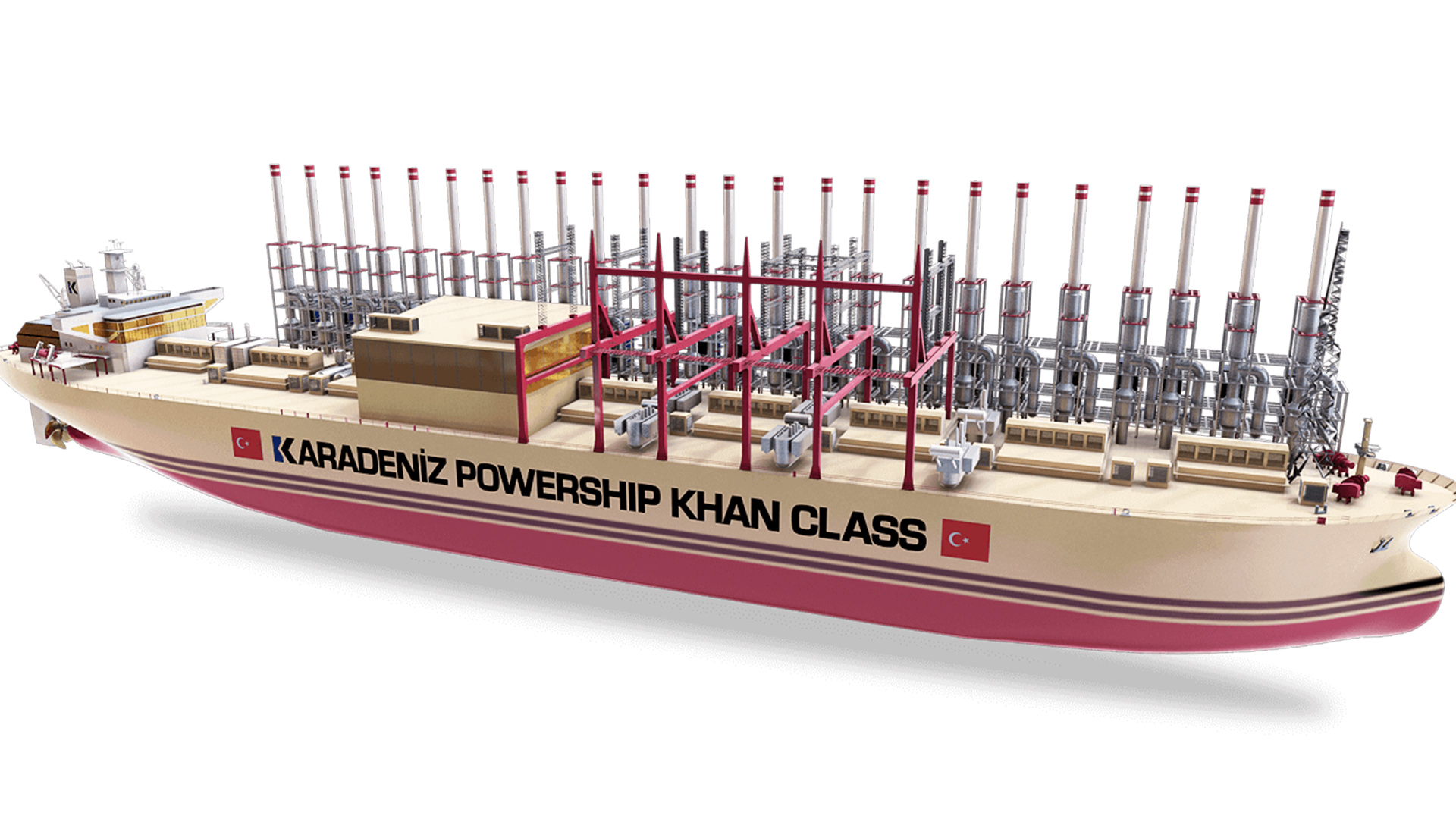- The South African government is again turning to Karpowership, this time for emergency power.
- This is after a previous deal fell through and a current deal has stalled amid legal battles and environmental concerns.
- Emergency power from Karpowership could reduce loadshedding by around 1 stage within the next three months.
South Africa’s controversial dealings with Turkey’s Karpowership continue as new reports indicate that the government has made fresh inquiries into securing electricity from the floating power provider.
This comes as efforts, spearheaded by President Cyril Ramaphosa, have been ramping up to battle the seemingly ceaseless blackouts that have plagued the country in increasing frequency the last several months.
On Sunday, Eskom outlined that loadshedding will be implemented continuously for the next two years, at least, with the utility expecting to find solutions for the problems causing the blackouts in that time frame.
As such, new forays into procuring private energy have been launched and legislation is being reconsidered to introduce more power into the energy grid, or so the government claims.
One of these initiatives could be Karpowership, according to Bloomberg. South Africa has been considering using Karpowership since early 2020 and have been locked with the Turkish company in a will-they-won’t-they affair for the last two years.
The latest plans, filed at the beginning of the year, to secure around 1 220MW of electricity from the company’s ships, which are more like floating mini power stations, have stalled. The process has been waylaid by ongoing legal battles and challenges from environmental groups over the sustainability of the ships.
A previous deal would have seen 2 000MW of power supplied by Karpowership, but this too fell through in 2021.
What Karpowership would mean for SA’s loadshedding
People close to the matter told Bloomberg that the country could procure 700MW to 800MW of emergency power from Karpowership within the next three months.
A stage of loadshedding is usually worth 1 000MW of electricity which is around the same amount that has been taken from the grid due to Eskom’s ongoing repairs on Koeberg Unit 1.
This means that Karpowership’s energy could see the country go from the current Stage 3 / Stage 4 cycle to Stage 2 / Stage 3 (within the next three months depending on when or if the deal is even finalised.)
It won’t be much but for businesses that are suffering, any little bit can help.
A decision is expected to be made by the Department of Forestry, Fisheries and the Environment on the 1 220MW deal with Karpowership by 7th March 2023, according to Media24.
Karpowership says it is ready to “ease the heavy burden of South Africa’s energy crisis.” It would do this by docking three ships off the country’s coast and connecting onboard gas-fired power stations to the energy grid via enormous cables.
Environmental groups are concerned that the off-shore power stations would contribute to the country’s carbon emissions and more importantly would negatively impact marine ecology which could endanger the livelihood of local fishing communities. Some have said that the 20-year contract for its South African operations is too long.
In the past, the company has supplied power to African countries like Ghana, Mozambique, Senegal and Gambia. Across the Atlantic, it has sold electricity to Cuba and Brazil.
For Karpowership, South Africa will have to weigh up the cost of perceived environmental damages with the cost that loadshedding is wreaking on the country’s economy, and the cost it will pay the Turkish company for its generation capacity. Is it all worth it so loadshedding can be reduced by a single stage?

